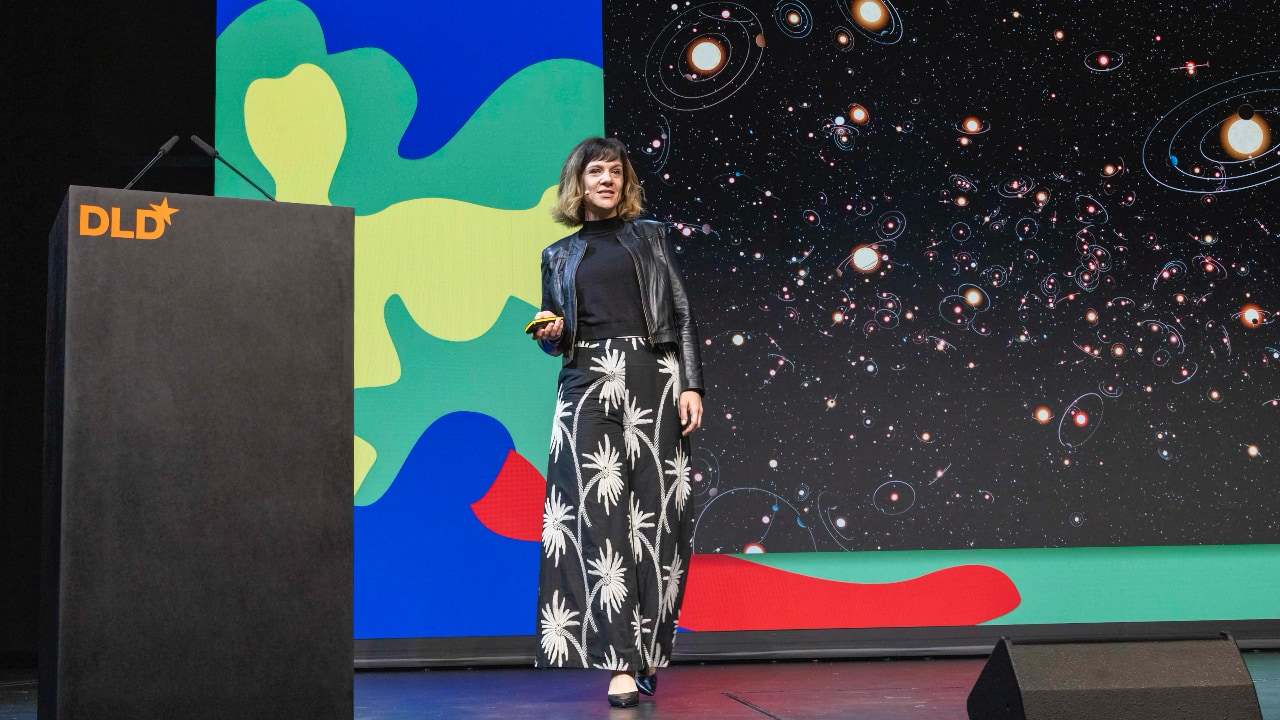The universe is teeming with planets, and AI is poised to revolutionize our search for life beyond Earth, Cecilia Garraffo, a computational astrophysicist and Director of AstroAI at the Center for Astrophysics, Harvard & Smithsonian, explains in her highly engaging DLD Future Hub presentation.
“We are entering an era of a data revolution in astronomy”, Garaffo says. Already, scientists know of more than 5,000 exoplanets – but this is soon “going to be dwarfed”, Garaffo predicts, as next-generation telescopes like the Vera Rubin Observatory and the James Webb Space Telescope collect more information about the universe in one year than in the entirety of astronomical history.
“The question is, how are we going to find the really exciting phenomena in this sea of data?”, Garaffo asks. “How are we going to find the unique events that will teach us something new about the universe?”
Artificial intelligence is the perfect tool for this task, the astronomer explains. “With AI, we can, for the first time, intentionally look for the unexpected – for new patterns, for new physics or phenomena hiding at plain sight; for new planets, maybe completely unexpected planets, that will unveil new kinds of life.”



